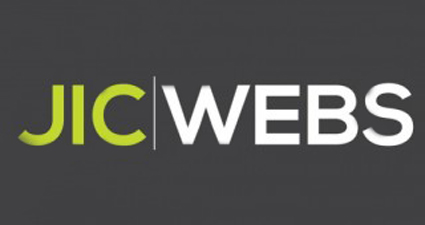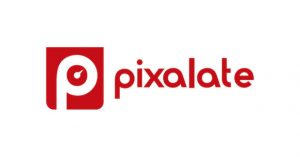Ad Fraud, Viewability & Brand Safety: The Three Core Issues
by Lindsay Rowntree on 9th Mar 2016 in News


On 24 February, ExchangeWire attended a town hall event hosted by JICWEBS at the IAB, which addressed the three core issues affecting the online advertising industry from a B2B perspective: ad fraud, viewability, and brand safety.
The event, hosted by Richard Foan, chairman, JICWEBS, saw over 150 attendees from across the industry come together, with speakers from the industry bodies that form JICWEBS, speak alongside advertisers and the City of London Police about the developments within the industry to minimise the impact of the issues.
JICWEBS (The Joint Industry Committee for Web Standards in the UK and Ireland) was created to support best practices for online trading. It is the coming together of industry trade bodies, the IAB, ISBA, the IPA, AOP, and News Media Association, facilitated by the ABC. JICWEBS meet four times per year and holds annual town hall events to share their developments with the wider industry.
David Ellison, marketing services manager, ISBA discussed the cost of ad fraud and viewability on the online advertising industry. In a recent digital survey conducted by ISBA, the top three concerns for British advertisers were cited as ad viewability, ad fraud, and online brand safety; the exact three issues that JICWEBS was created to conquer.
Ad viewability
According to David Ellison, marketing services manager, ISBA, viewability costs UK advertisers £1bn in media ad spend. JICWEBS have been fundamental in standardising viewability metrics, endorsing a set of viewability product principles in 2015; and Ellison confirmed that in 2016 the industry is pushing for a certification of vendors and standardised principles for mobile and video viewability.
Steve Chester, director of data & programmes, IAB UK explained how the ABC certification is benefitting the industry; confirming that compliant measurement technologies for online advertising, such as Integral Ad Science, MOAT and Meetrics, are meeting their strict auditing criteria, showing that their viewability products perform against the JICWEBS principles.
Christan Armond, general manager of digital marketing, TUI, who spoke at the event, highlighted the importance of not accepting the mediocrity of viewability that exists within the industry today. He said that TUI are working to ensure the viewability of their ads is above the 50% industry standard and establishing how to leverage performance against viewability. Armond also cited statistics from a Meetrics study, which shows how the prevalence of programmatic buying through open exchanges has caused a significant decrease in viewability rates, versus traditional direct buys, which is pushing the need for the industry to raise the credibility of digital ad spend and improve those rates.
Ad fraud
David Ellison, marketing services manager, ISBA cited a statistic from Mikko Kotila, principal, botlab.io that ad fraud made cyber criminals USD$10bn (£7.2bn) last year, to highlight the vast problem it is creating in the online advertising industry globally.
Steve Chester, director of data & programmes, IAB UK, talked about the formation of the UK Anti-Fraud Working Group, and the journey it has been on since its inception in 2014, with 2016 seeing the development of anti-fraud principles, as well as certification and accreditation for vendors. A proposal is in place for the ABC to issue a certification of anti-fraud products that are able to identify and potentially exclude non-human traffic, which would require testing and demonstration of the product’s capability, much like the existing ABC-issued viewability certification. This would reduce the risk of ads appearing on fraudulent sites and would be of huge benefit to advertisers and agencies, encouraging the practice of safe sourcing and publisher verification across the industry.
Brand safety
Christian Armond, general manager of digital marketing, TUI cited brand safety as the number one issue for TUI, and one that plagues the travel industry in general. However, it is an issue that is heavily investigated by industry trading bodies and PIPCU (Police Intellectual Property Crime Unit), with the latter responsible for the Infringing Website List, which currently contains 465 sites and counting.
The DTSG (Digital Trading Standards Group) has outlined UK good practice principles, which set out best practice guidelines for reducing the risk of unsafe online advertising. It works with approved auditors, including ABC to independently verify companies, from trading desks to SSPs, for their brand-safe processes within the online advertising industry, and 37 companies have been awarded this seal.








Follow ExchangeWire